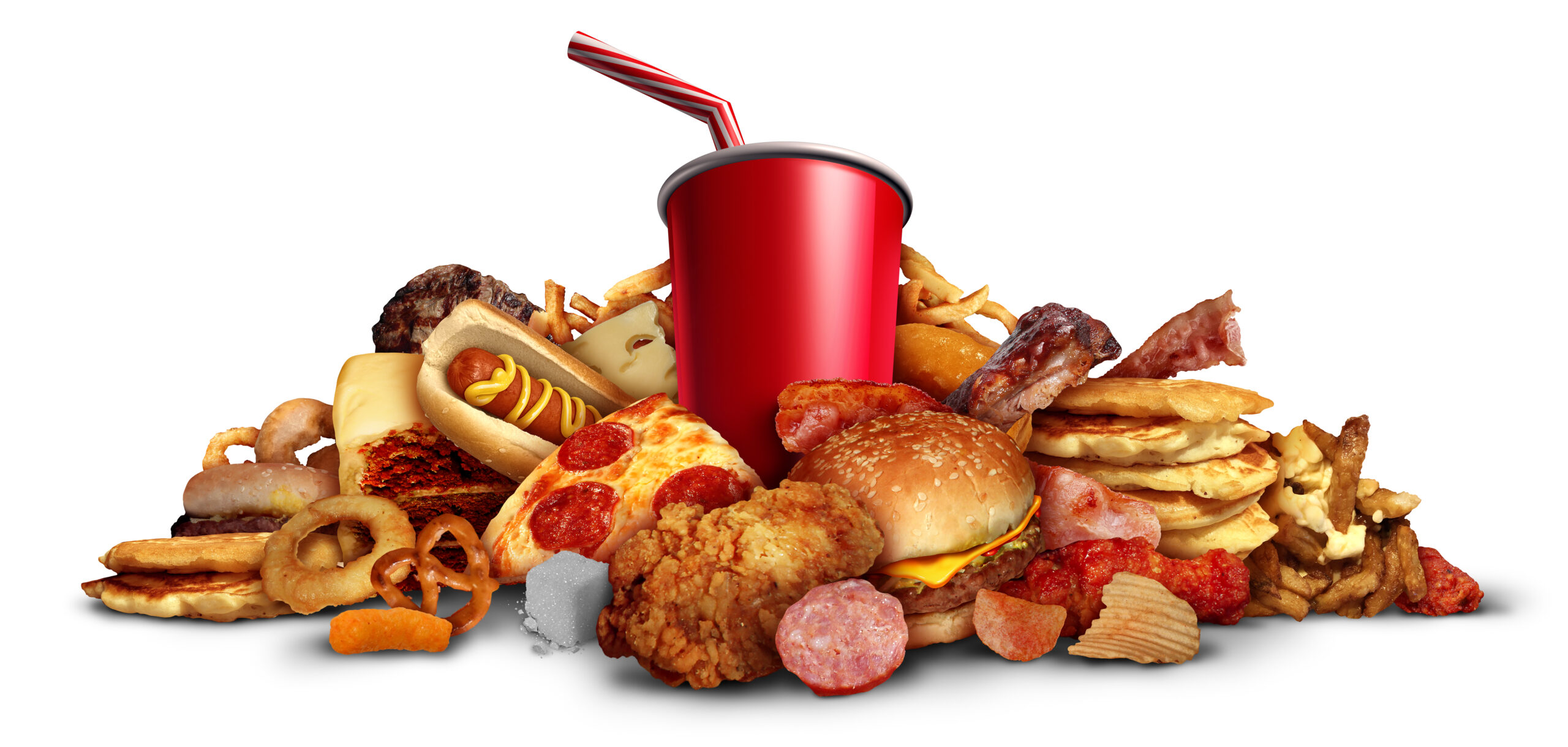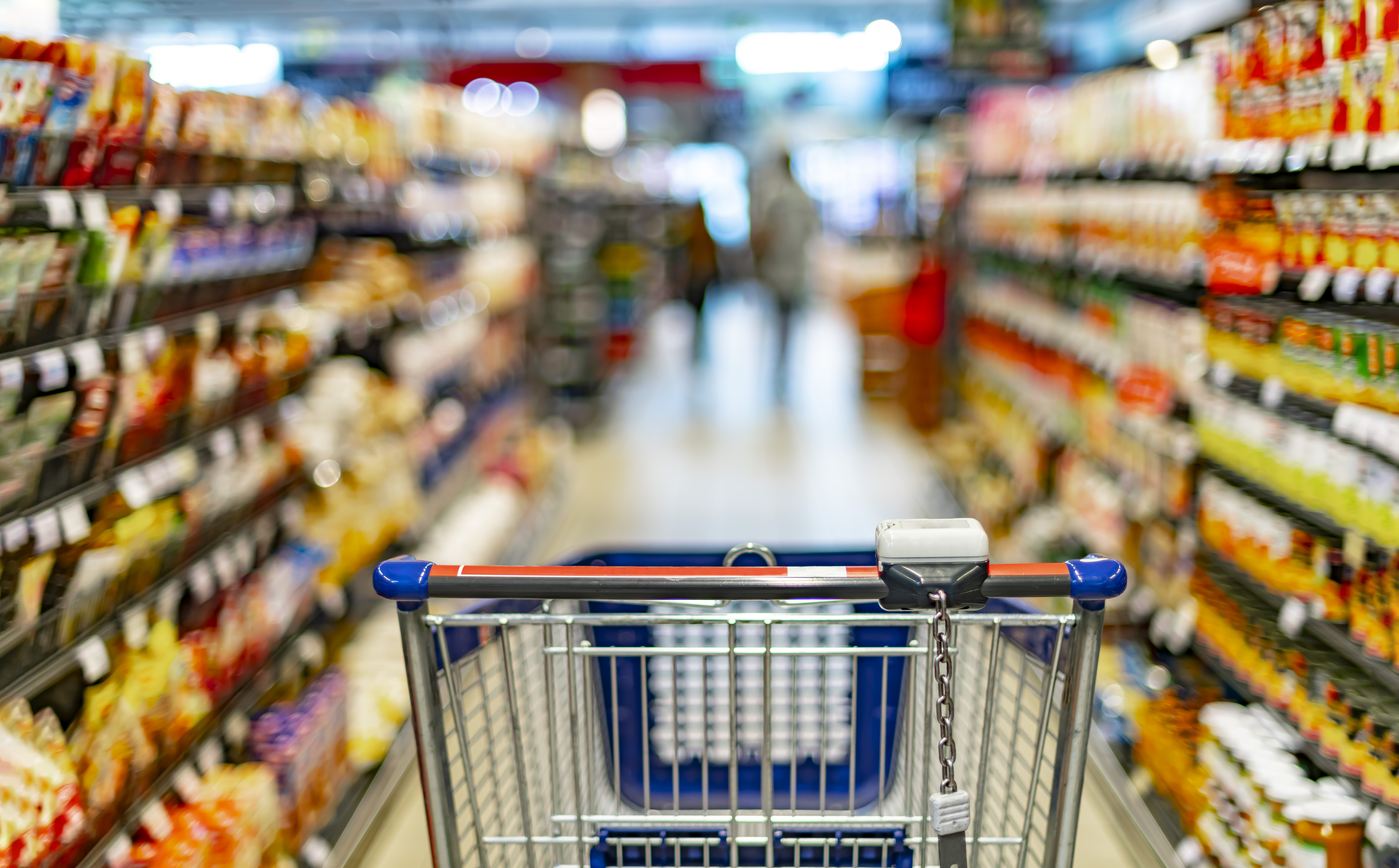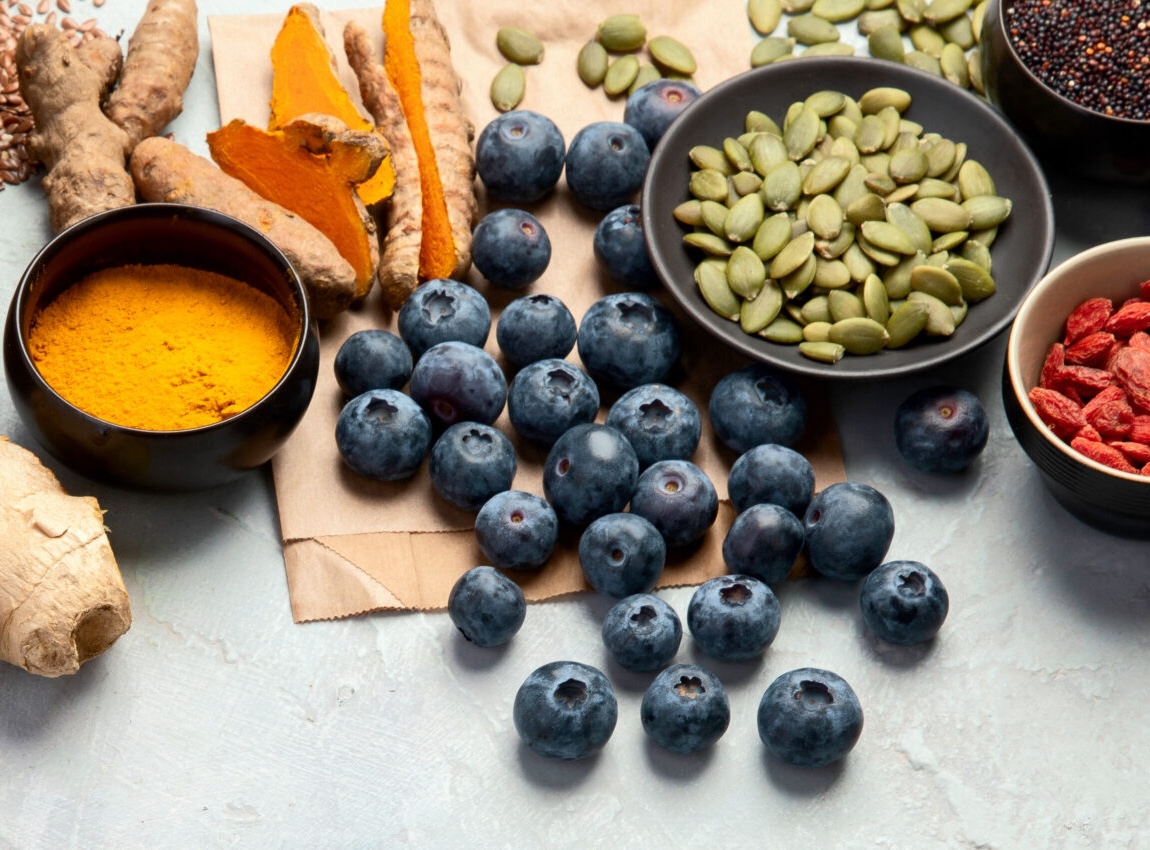Recovering from a concussion can be a challenging journey, marked by a need for patience, rest, and understanding of the various factors that contribute to healing. Nutrition is one aspect of healing that is often underestimated and overlooked. By prioritizing nutrition when recovering from a concussion, you can promote brain health, reduce inflammation, and promote a faster return to your lifestyle.
This post will discuss which foods to eat to promote your healing and which foods to avoid as well as, important supplements needed for recovery. For a higher-level overview of concussions, how they are caused, and treatment options, read our Concussions signs, symptoms, and treatments blog.
The Role of Nutrition in Concussion Recovery
During concussion recovery, your brain requires specific nutrients to repair and regenerate damaged cells, reduce inflammation, and optimize cognitive function. There are specific nutrients that are absolutely essential for your brain’s recovery:
- Omega-3 Fatty Acids: These healthy fats, commonly found in fatty fish like salmon, walnuts, flaxseeds, and chia seeds, are known to support brain health. Omega-3 fatty acids have anti-inflammatory properties and are crucial for maintaining the structural integrity of brain cells. Including these foods in your diet can aid in reducing inflammation and promoting the healing process.
- Try grilled salmon with a side of steamed broccoli and quinoa for a nutritious meal.
- Sprinkle walnuts on your morning yogurt or oatmeal, and add flaxseeds to your smoothies for a brain-boosting punch.
- Antioxidants: Food rich in antioxidants, such as berries, dark leafy greens, and colorful fruits and vegetables, can help protect your brain from oxidative stress. Antioxidants combat harmful free radicals that can damage brain cells, which is particularly important during concussion recovery.
- Add a handful of blueberries or strawberries as a side to your breakfast or blend them into a refreshing smoothie.
- Vitamins and Minerals: B vitamins (especially B6, B9, and B12), vitamin D, and magnesium are essential for brain function and repair. Leafy greens, lean meats, nuts, and fortified dairy products are excellent sources of these nutrients. Vitamin D, in particular, is crucial for calcium absorption, which aids in maintaining strong bones and overall brain health.
- Make a nutrient-packed salad with spinach, kale, cherry tomatoes with extra virgin olive oil and a pinch of sea salt as dressing.
- Protein: Consuming an adequate amount of protein is essential for repairing damaged tissues, including those in the brain. Sources of protein like local or grass-fed beef, lamb, poultry, fish, eggs and beans provide amino acids necessary for the healing process.
- Consider Arugula greens topped with steak, dried cherries, crumbled goat cheese and dressed with balsamic vinaigrette or a chicken stir-fry with mixed vegetables and a sesame ginger sauce.
There is a direct connection between inflammation and nutrition that can influence concussion recovery. Inflammation is a natural response to injury; however, chronic inflammation can hinder the healing process and further exacerbate symptoms. Providing nutritional support by means of a properly prepared, nutrient dense, whole food diet, supports the brain as it heals by lowering inflammation and providing key essentials for repair.
Foods to Avoid or Limit During Concussion Recovery
It’s equally crucial to be mindful of the foods and beverages that can hinder your recovery. Here are some items to avoid or limit:
- Processed Foods: Highly processed foods, such as fast food, pre-packaged snacks, and sugary cereals, often contain unhealthy trans fats, excessive salt, and additives that can be detrimental to your brain health. These additives and trans fats may contribute to inflammation and impair cognitive function. Opt for whole, unprocessed foods whenever possible.
- Sugary Drinks: Sugary beverages like soda, energy drinks, and excessive fruit juices can lead to a spike in blood sugar followed by a crash, potentially worsening concussion-related symptoms like headaches and fatigue. Reducing your sugar intake is essential for maintaining stable energy levels and overall health.
- Alcohol: Alcohol can have a negative effect on brain health, and it’s especially important to avoid it during concussion recovery. Alcohol impairs cognitive function and can interfere with the brain’s natural healing processes. It can also interact with medications that may be prescribed to manage concussion symptoms. Therefore, it’s advisable to abstain from alcohol until you’ve fully recovered. Instead of alcohol, focus on drinking water, herbal teas, and other non-alcoholic, hydrating beverages to support your brain’s healing process. Adequate hydration is crucial for maintaining cerebral fluid balance and optimizing cognitive function.

,,,Supplements for Concussion Recovery:
Supplements can be a valuable addition to your concussion recovery plan, but it is essential to approach them with caution and under the guidance of a healthcare provider. When used, supplements play a supportive role in concussion recovery by providing essential nutrients that may be challenging to obtain solely through diet. They can fill in nutrition gaps, aid in anti-inflammatory support and bone health.
Common supplements for brain health:
-
- Omega-3 Fatty Acid Supplements: Omega-3s, found in fish oil supplements, are renowned for their brain-boosting benefits. They support brain structure and function, aid in reducing inflammation, and may enhance cognitive performance.
- Vitamin D Supplements: Adequate vitamin D is crucial for bone health and overall well-being. Vitamin D supplements may be recommended if you have limited sun exposure or if blood tests indicate a deficiency.
- Multivitamins: A high-quality multivitamin can help fill nutritional gaps in your diet and provide a broad spectrum of vitamins and minerals that support overall health and recovery.
- Magnesium Supplements: Magnesium plays a role in nerve function and can aid in relaxation. A magnesium supplement may be beneficial if you have symptoms like headache, muscle tension, or sleep disturbances.
- Probiotics: Gut health is closely linked to brain health, and probiotic supplements can help support a healthy gut microbiome, which may indirectly benefit brain function.
- Curcumin (Turmeric Extract): Curcumin is known for its anti-inflammatory properties and potential neuroprotective effects. It may be taken as a supplement or added to your diet through turmeric spice.
Stay on Top of Your Nutrition to Heal a Concussion

Proper nutrition during concussion recovery can be the key to a smoother and faster healing process. As you navigate your concussion recovery, it is critical to make informed dietary choices with a balanced diet, ample hydration, and supplementation. The guidance of healthcare professionals, including concussion nutritionists and doctors is invaluable during recovery. They can help provide personalized guidance, supplement advice, monitoring and adjustment, and additional resources as needed.
If you are seeking expert guidance and support in your concussion recovery, reach out to Neuroscience Group. Our expert team can help create an individualized plan to help you recover from concussion smoothly and faster to get back to doing the things you love.

